The NES Classic, Nintendo’s tiny plastic memoir of gaming’s greatest machine was the hardest thing to find in 2016 and resellers had themselves a great Christmas from marking it up on eBay. Nintendo officially brought back the NES Classic with a limited run through this calendar year that also promises increased production. I managed to order one on Amazon UK sometime before re-release and I happened to find another at my local Gamestop, which I’ll keep in my bathroom for guests (or giveaway at convention appearance somewhere. I haven’t decided), so kudos on the manufacturing increase Nintendo.
I spent a few hours yesterday cursing whoever made Ghosts N’ Goblins soo freaking hard and decided it was a good idea to put those stupid egg dropping bird things in Mega Man 2. Most of all, I got reacquainted with Little Mac’s rise to glory in Mike Tyson’s Punch-Out. Yes, I know the license officially only names the game “Punch-Out” but f*** you, it’s always going to be Mike Tyson’s Punch-Out to me. I remember Mac’s pugilistic journey in the 80’s quite fondly with great memories of my brother and sister yelling at me about how I can’t figure out the right time to throw a body jab to stop Bald Bull’s charge. It was one of the biggest reasons I even wanted the NES Classic, to play Punch-Out as close to the original as I could. No ham-fisted Wii controllers or clacking keyboard emulator. Just that gray square piece of plastic with the two red buttons in my hands.
It’s true that nothing gold can stay though. There’s such a gap between games in 2018 and 1988 because there’s no way you could make Punch-Out today without being called the biggest racist on the planet.
Boxing’s relationship with different nationalities has always been theatrical but Punch-Out pixelates almost every racial stereotype the creators can think of. From the moment you begin your Nintendo boxing career under the tutelage of what looks like 8-bit Carl Winslow from Family Matters; Punch-Out starts its parade of near offensive stereotypes. Glass Joe is a gangly Frenchman who just wants to surrender. Von Kaiser has the mustache and bad choice of words which Germany has spent decades trying to get its reputation away from, I suppose simply calling him Colonel Klink would have been too on the nose or drawn the wrath of CBS. Then there’s the hilarity of the game’s body shaming mascot, King Hippo. If the man was real he’d have had a quadruple bypass by the time he was 25. Yes, he’s a fictional character, it’s just funny how developers thought that could pass for an athlete. I know Hippo Island is actually a real island off Antartica, but Nintendo definitely didn’t know that as they wanted him to be more associated with Pacific Island descent. Then the way Mac beats Hippo by hitting him in the gut until he waddles backward on his ass is meant to depict a guy soo fat he can’t stand up again after being knocked down once. But can you take down a man with a gut that large by punching him with padded gloves in the stomach? If Blob from X-Men teaches you anything it’s that the gut isn’t a fat guy’s weak spot.
The list of ethnicity jokes goes on to include a drunk Russian and a Japanese guy named Piston Honda. Somehow, the least offensive one in the game is arguably its most stereotypical one. Great Tiger, the Bombay boxer wears a turban in the ring with a jewel that lights up just before he throws a punch. From his disappearing genie act to Kuchipudi like movements, everything about Great Tiger is as though someone only knows the people of India by watching The Simpsons. People of India or Pakistan decent have been watching much more offensive stereotypes in the media for years so perhaps looking at Great Tiger with his tiger skin robe hanging behind him as if he’s opening a nightclub probably isn’t the worst thing they’ve seen on a screen.
For all the bad chuckles and what –were they thinking– visuals the game has, it also couldn’t exist without each bit of gooey ethnic jokes.
Punch-Out would not have been nearly as memorable had it not veered into the borderline racism skid. Back in the 1980’s you couldn’t define unique characters visually as Blizzard’s Overwatch does by using the graphical power of modern design tools. Nintendo could have easily lined up generic pixelated white boy after generic white boy until you reached Mike Tyson himself to get the 8-bit a** beating of a lifetime. What we remember most fondly about the game is intertwined with its cringe-worthy bits. The feeling of satisfaction when you block all of Great Tiger’s “mystic” punches to hit start and land your devastating uppercut or dodging the bottle drunk Russian Soda Popinski’s man-thong wearing punch flurry to land some kidney shots of your own.
The world was a much different place in the 1980’s, overblown outrage culture didn’t exist; except for maybe a group of soccer moms who wanted to boycott Al Bundy. If the game had been made today, it would have come with an apology from Nintendo and an army of ethnic sensitivity consultants that would balloon its development budget into failure. MTPO exists as a lesson in being leary of outrage culture. We’re quick to say anything with the slightest hint of sampling clothing or customs such as with Horizon Zero Dawn’s awesome protagonist Aloy is appropriation. Or accusing Sony of being insensitive when a white guy, who happens to have been passionate about music since the age of 9 plays the shakuhachi during a press conference to show off footage of a game taking place in feudal Japan designed by a team in Seattle, Washington. Appropriation, racism, and sexism are words that should always carry a heavy weight, yet modern Twitter society has diluted the way we use them.
In my opinion, the only thing remotely hurtfully racist about Mike Tyson’s Punch-Out is the exclusion of Mexico. As if WE are not good enough to be made fun of? You even have a half bald Turkish fighter in there. Come on Nintendo, was Francisco “Ponch” Cortez too hard a name to put in there? And it isn’t like there aren’t dozens of stereotypes in Chicano culture to choose from. Before you say it. Hell, Mexico even did pretty well in the World Cup this time around. No, Don Flamenco doesn’t count as our representation. A Spaniard with a honkin’ nose and a pension for dancing with a rose in his mouth in no way represents the proud people of Mexico, even as a joke.
Maybe Punch-Out is that forgotten lesson in having a thick skin that could once again show us to save words like racist for the big stuff like getting kids out of cages.
You may not look at the game through the same rose-colored glasses as you did in the NES era or you can simply look at the game for what it is; something that was right time/right place.
I wonder what other pop culture classics could be deemed racist today?
Also, what’s the story with Little Mac’s beefy, walnut crushing thighs?
For those who want to relive the genesis of Nintendo’s place in pop culture, the NES Classic is available now through the end of the calendar year at electronics retailers everywhere. It’s all the fun of having a Nintendo Entertainment System again without the hassles of blowing into and wiggling cartridges.
If you’re having trouble finding an NES Classic or the SNES Classic, follow accounts like Cheap Ass Gamer on Twitter who keep you up to date on retailers ads on stocks in the most timely manner.


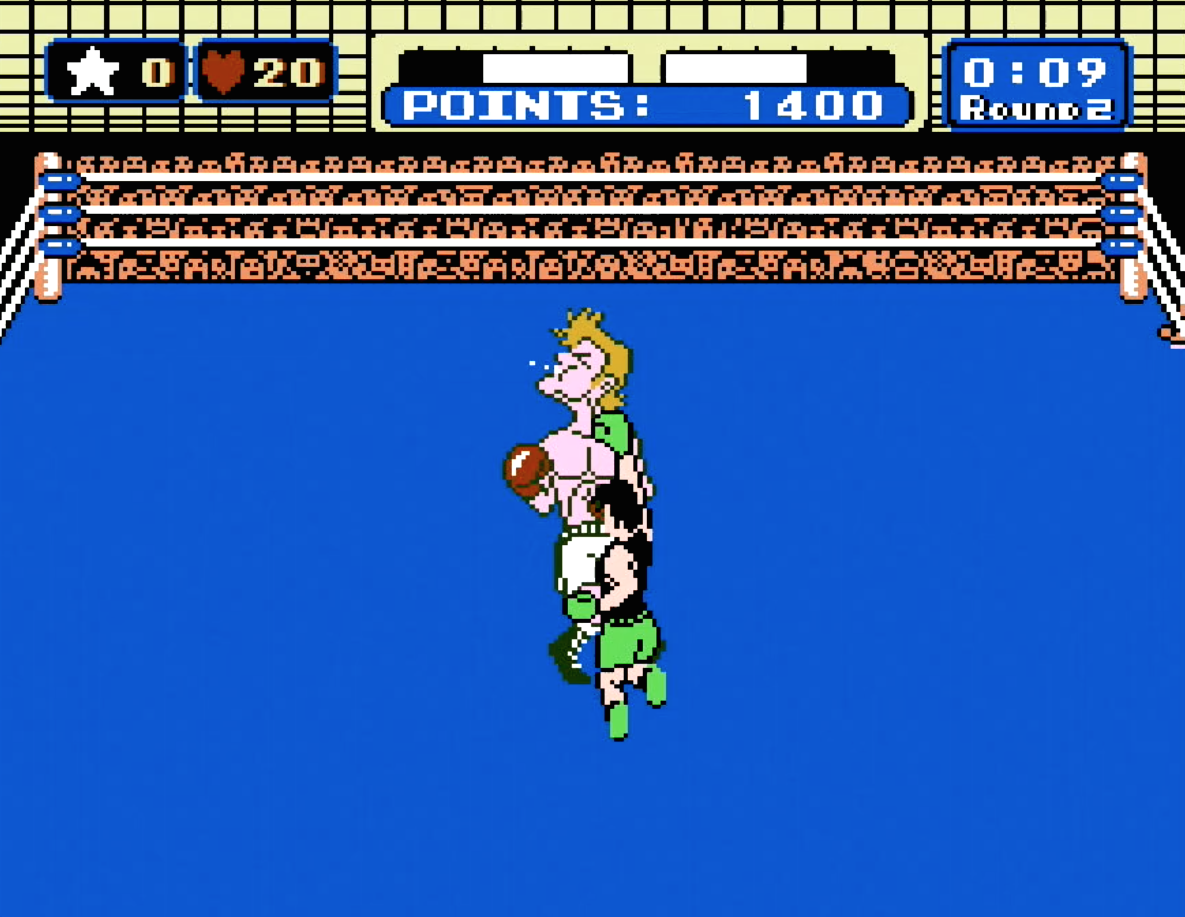
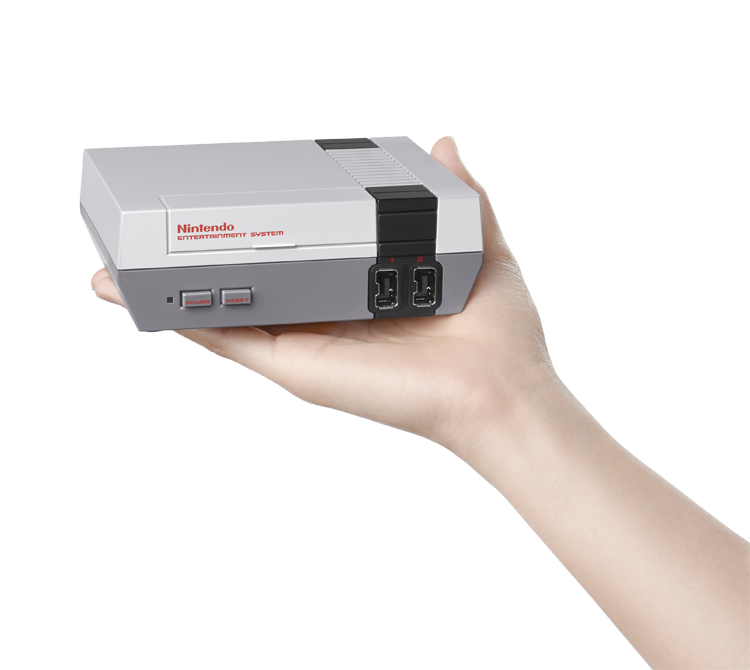
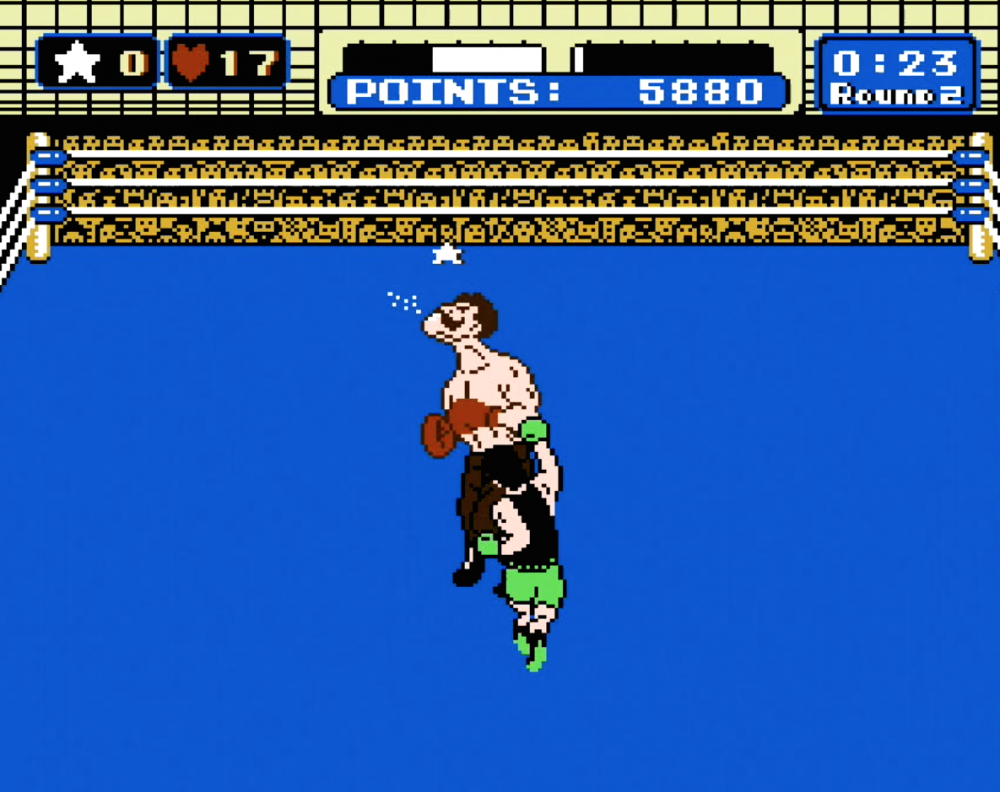
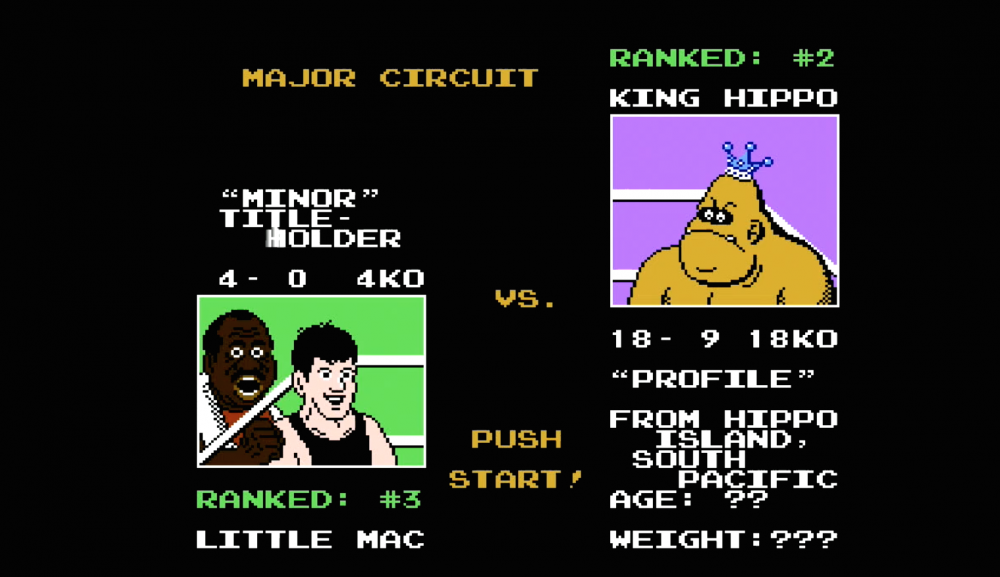
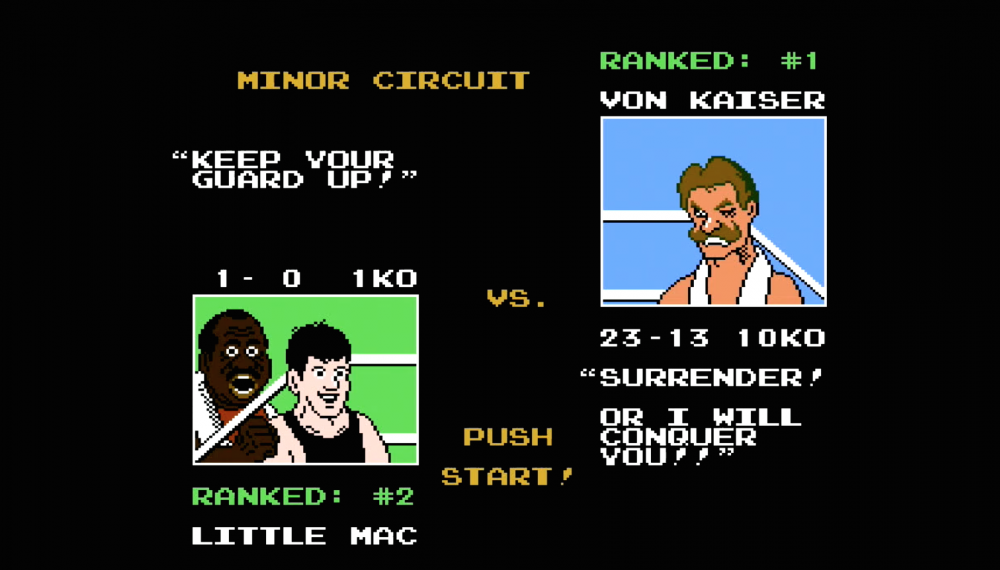
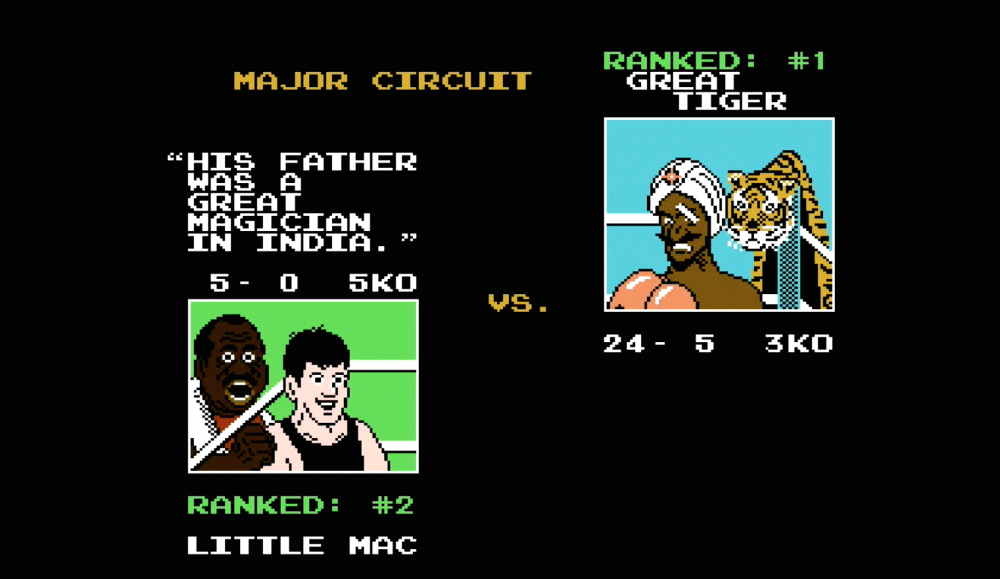
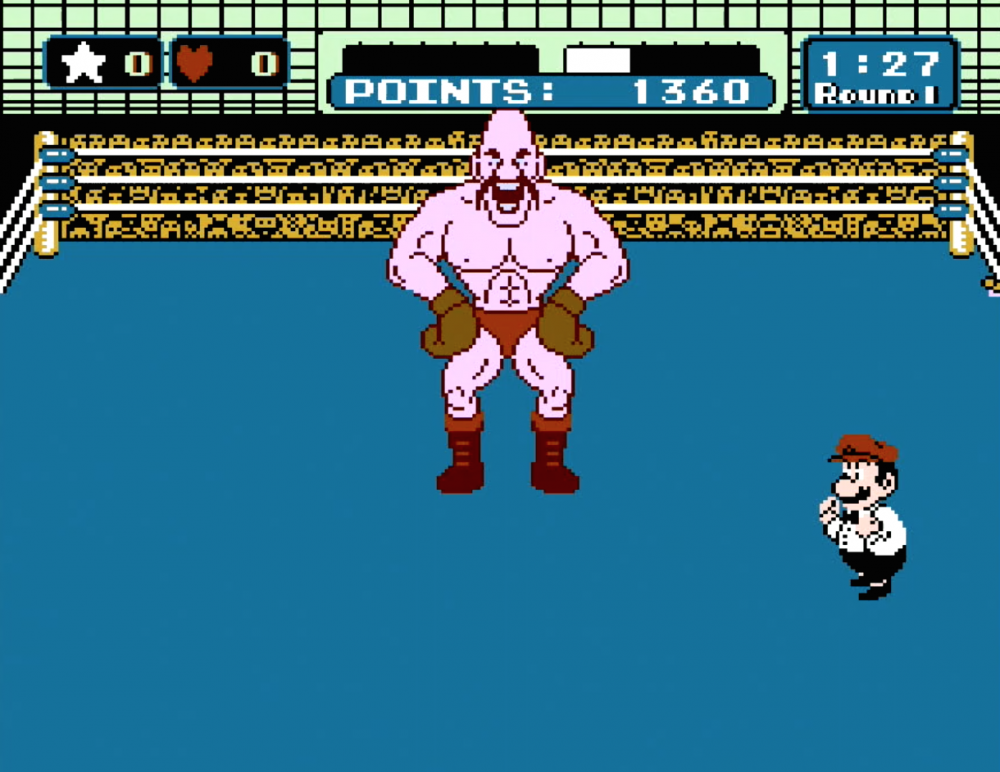
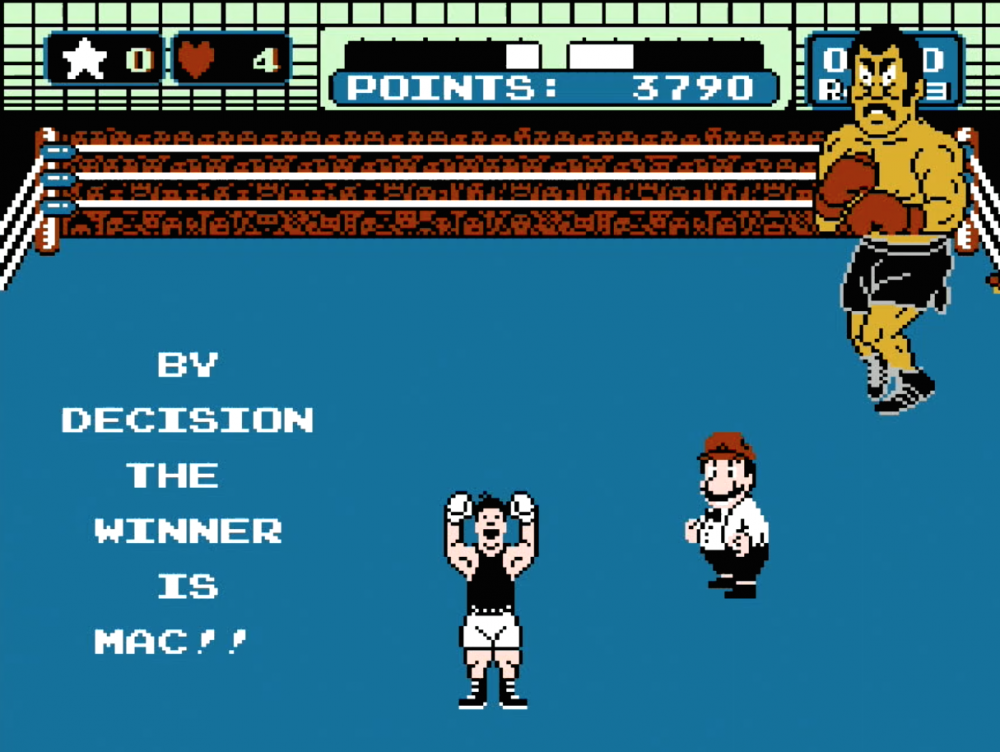
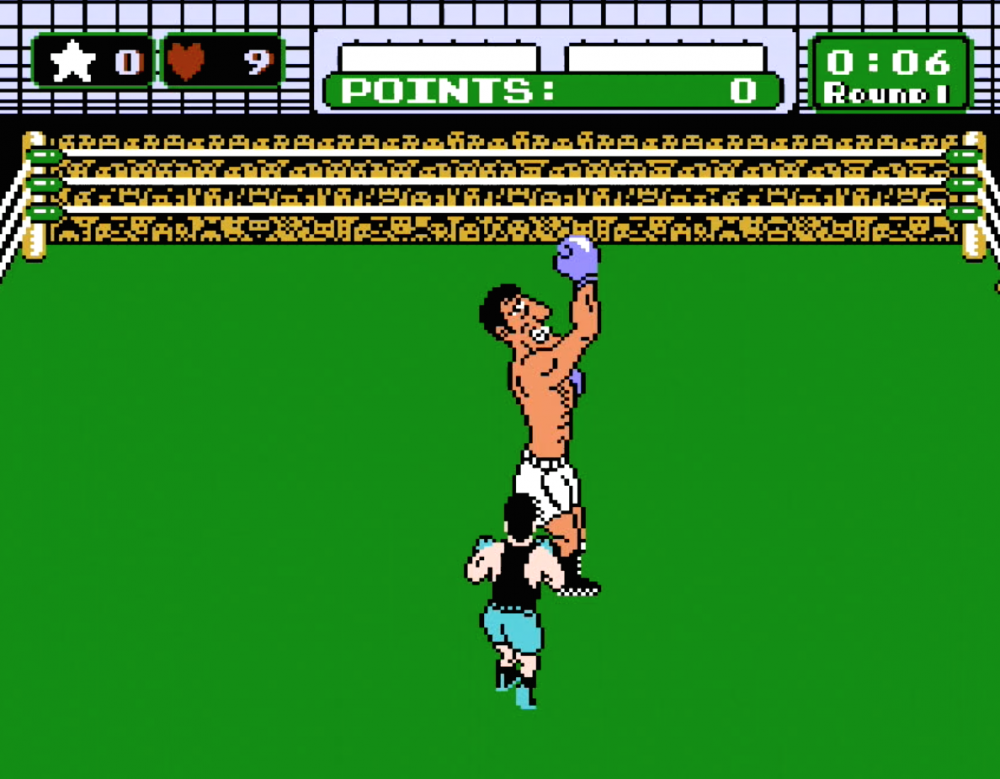
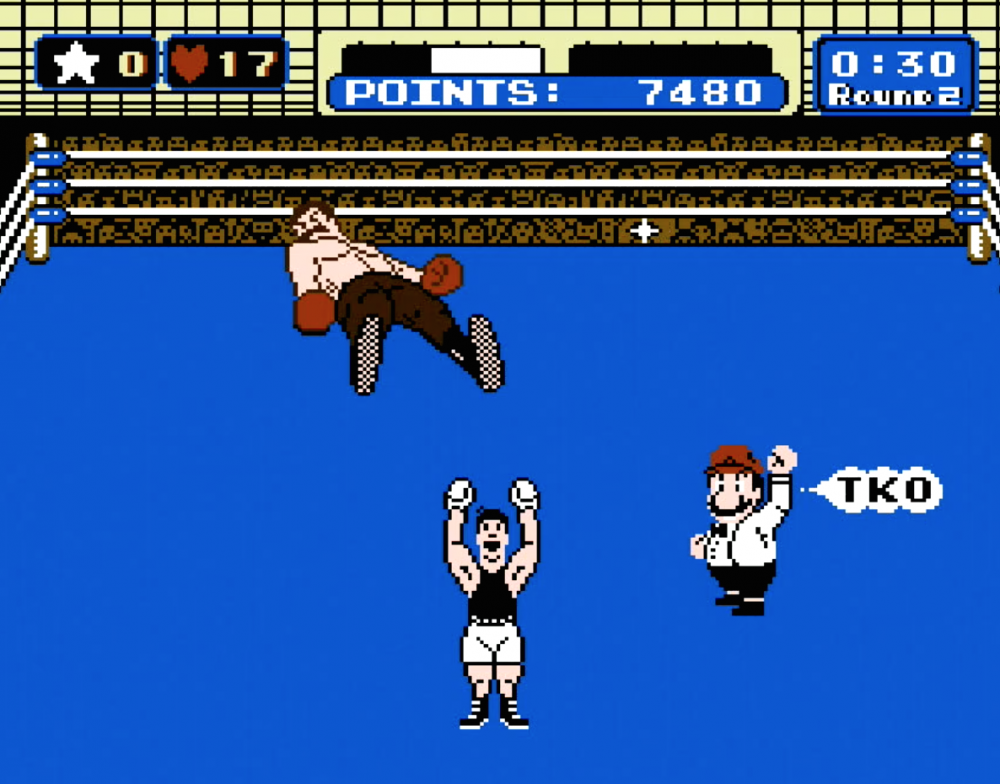
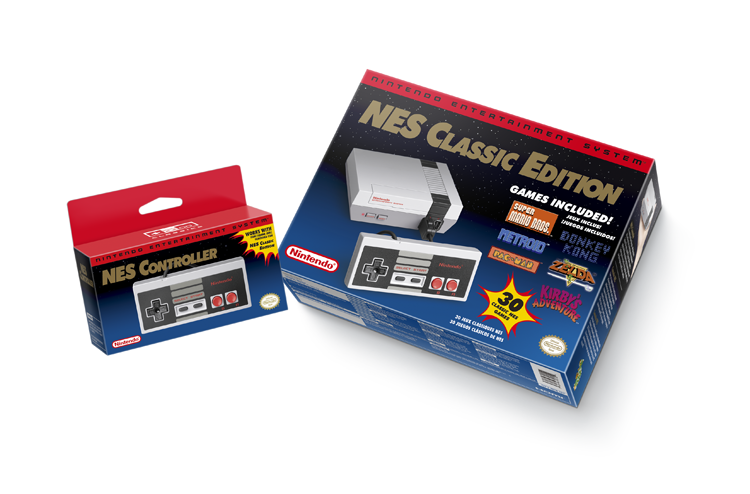


This is hilarious and sooo true, as a teenager of the 80’s everything was bordeline ” politically incorrect” and nobody really cared. We lived our lives, stick and stones didn’t break bones and no one protested anything.
If you were a character in the game, you’d be a snowflake than doesn’t hit back and cries tears until it melts away.
Look to super punch out on the SNES classic if you want a mexican representation. Theres a luchadore boxer.
Yeah okay. The same people who are yearning for the days when racist stereotypes went unchallanged would melt like snowflakes if there was a videogame that had a black boxer beating the hell out of boxers who were portrayed as rednecks, klan members, and maga hat wearers.
The Arcade version had an Italian called Pizza Pasta.
Comments are closed.